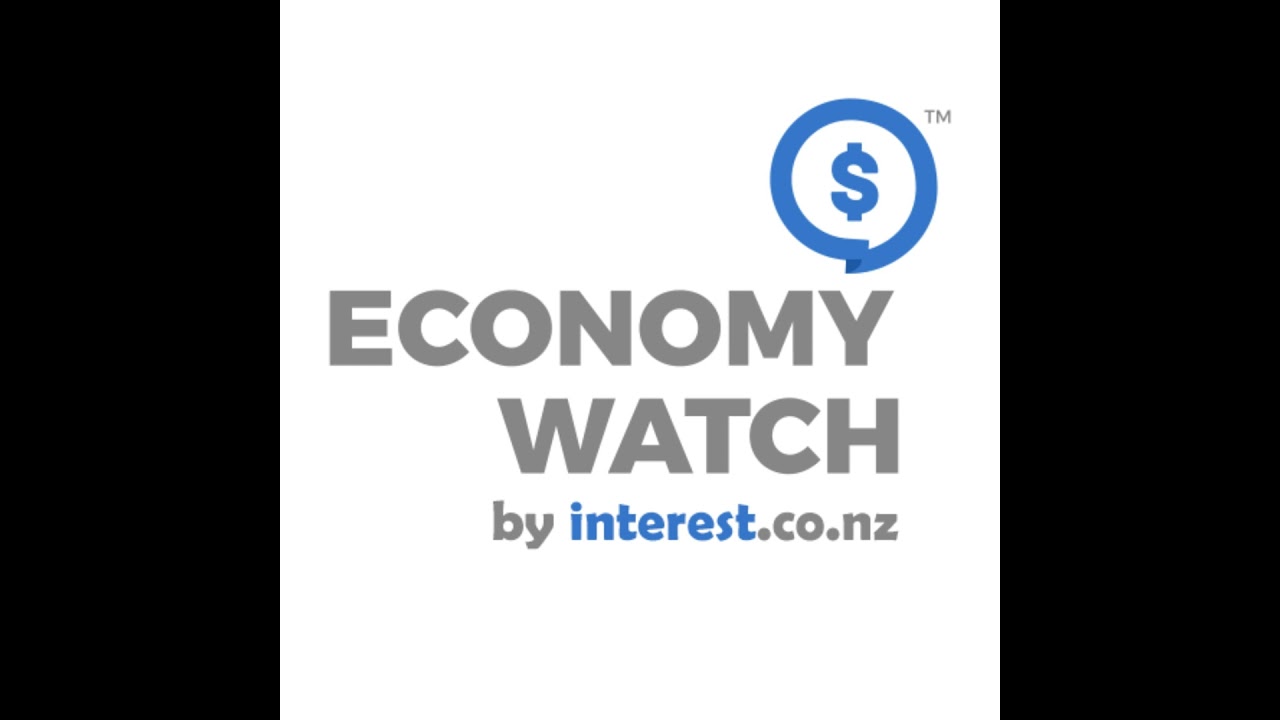Kia ora,
Welcome to Thursday’s Economy Watch where we follow the economic events and trends that affect Aotearoa/New Zealand.
I’m David Chaston and this is the international edition from Interest.co.nz.
And today we lead with news of more data dragging in the US, and more debt plans in China.
First up, American mortgage applications () fell again last week, and this is despite their benchmark 30 year mortgage interest rate falling further below the 7% level. Lower home loan rates now are not motivating home buyers.
And that lack of motivation is really coming through in new home sales () , which were down more than -10% in January from December to an annual rate that was -15% below year ago levels. For their new home building industry, this will be a real cause for concern.
There was another US Treasury bond auction earlier today, this one for the 7-year Note () and it delivered a median yield of 4.15%, lower than the 4.41% at the equivalent auction a month ago () . Demand for these issues is not flagging.
In China, they are adding capital () to their big state-owned banks, maybe as much a ¥1 tln to the six of them. The funds will be raised by new sovereign bond issues. More debt for the state so that banks can lend more debt to clients.
And that could just be the start. Bloomberg is reporting () that a key policy adviser said China needs to vastly step up its efforts to cleanse the balance sheets of their local governments, giving them the space needed to support consumer spending and strengthen the economy. He said central government should take on at least ¥20 tln worth of local sovereign debt. For reference ¥1 tln is about NZ$240 bln. ¥20 is NZ$4.8 tln. They are talking real money here.
Singapore’s industrial production () rose +9.1% in January from the same month a year ago in a solid turn up, although the gain was pretty much as analysts had expected.
Taiwan revised its Q4-2024 GDP growth () rate up to +2.9%, and it was a sharp revision higher from the earlier estimate of +1.8%. That means their economic activity expanded by +4.6% in all of 2024.
Australia’s monthly CPI inflation indicator () rose 2.5% in January, unchanged from the prior month but below market expectations of 2.6%. Despite this, inflation remained at its highest since August. But this monthly update probably won’t shake the RBA estimate of acceptable inflation in Q1-2025.
And staying in Australia, the latest data available, for Q3-2024 released () yesterday, buyers from China were the largest group of foreign investment into Australian housing, recording more than AU$400 mln in approvals. This data was for the period ahead of the Australian ban on temporary residents acquiring established homes and Chinese buyers accounted for 30% of it. You have to say it isn’t much of a surge – and since then foreign buyer demand has fallen away.
The UST 10yr yield is at 4.27%, down -4 bps from yesterday at this time.
The price of gold () will start today at just under US$2910/oz and recovering +US$16 from yesterday.
Oil prices are marginally lower at under US$69/bbl in the US and the international Brent price is still under US$73/bbl.
The Kiwi dollar is now at 57.1 USc and down -10 bps from yesterday. Against the Aussie we are unchanged at 90.3 AUc. Against the euro we are down -10 bps at 54.3 euro cents. That all means our TWI-5 starts today just under 66.9, and little-changed from yesterday.
The bitcoin price starts today at US$86,928 and down a minor -0.4% from this time yesterday. Volatility over the past 24 hours has been moderate at +/- 2.2%.
You can find links to the articles mentioned today in our show notes.
You can get more news affecting the economy in New Zealand from interest.co.nz.
Kia ora. I’m David Chaston. And we will do this again tomorrow.











コメントを残す